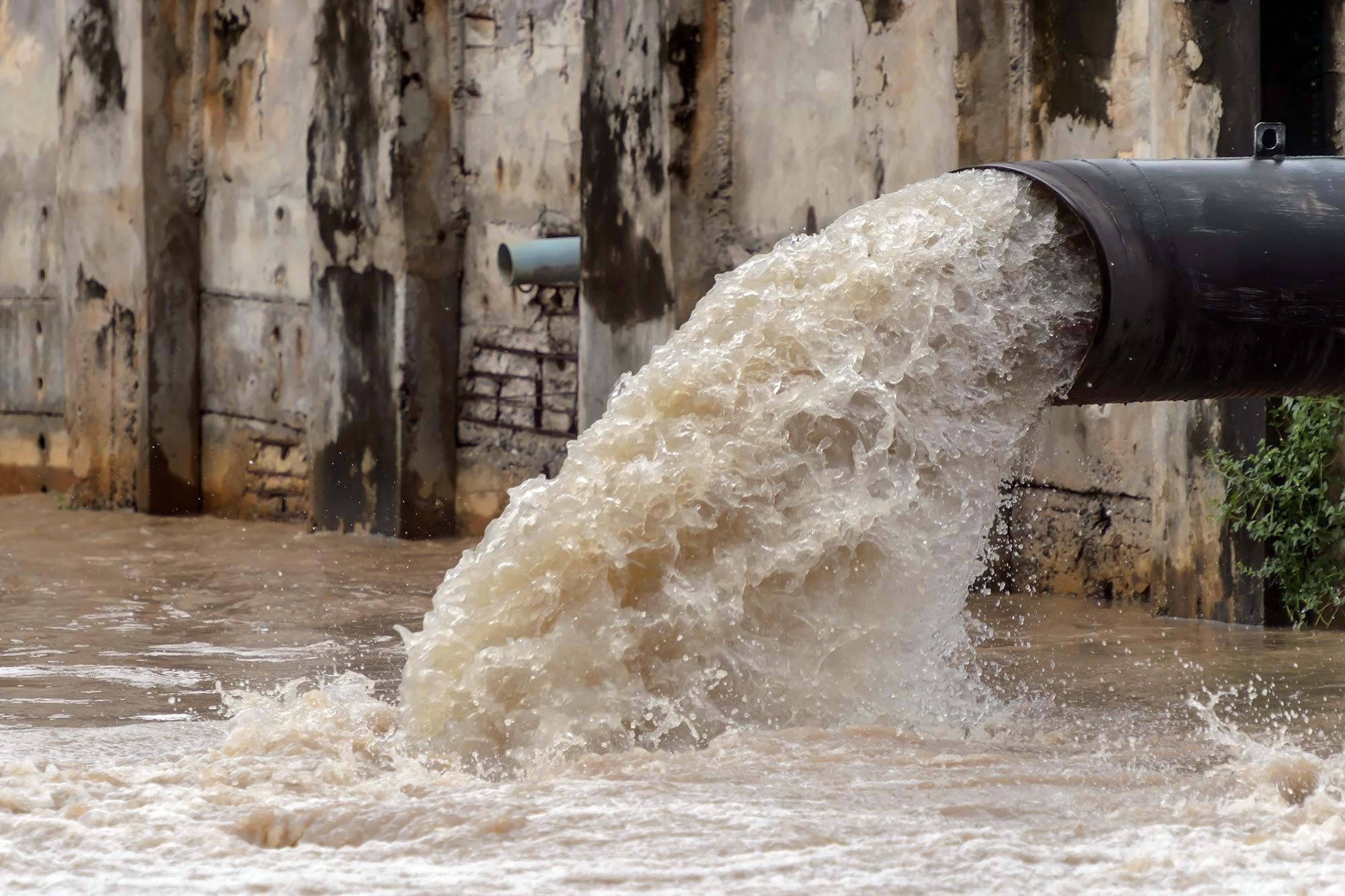- Water recycling is not any longer a science fiction but an economic reality. In a world where nearly half the human population is under water stress, every drop counts. Properly managed wastewater can be turned into clean water, energy, and other valuable resources.
Wastewater has long been seen as a hassle a nuisance to dispose of, not a resource to exploit. Yet with the world's population growing, water shortages becoming acute, and the planet increasingly stressed, minds are shifting.
Governments, businesses, and people everywhere are discovering that wastewater, properly treated, can be transformed into clean water, energy, and valuable materials. This is an enormous potential.
By reusing wastewater through advanced level treatment technologies, it can be treated to be suitable for irrigation, industry, and even drinking water in specific circumstances. It creates a reliable alternative water source in regions with droughts or depleting freshwater resources.
For agriculture the largest water user in the world recycled water gives a sustainable source of water for irrigation, mitigating pressure on rivers, lakes, and aquifers. Urban communities also benefit from reusing treated wastewater for landscaping, cooling, and street sweeping, freeing up the cleaner water for domestic use.
Apart from providing more water, wastewater recycling also has a large number of environmental benefits. Dumping untreated or low-quality wastewater into oceans and rivers pollutes the environment, undermines biodiversity, and hurts human health.
Read More
By recovering and treating wastewater, communities can prevent poisonous pollutants in natural water bodies. It improves water quality, recovers aquatic ecosystems, and protects fisheries and livelihoods dependent on clean ecosystems.
Another advantage is the recovery of resources. In the course of treatment, wastewater can generate energy in the form of biogas, which is derived from fermenting organic material found in sludge. Such a biogas can be utilized to power treatment plants themselves, reducing operational costs and greenhouse gas emissions.
Nutrients such as nitrogen and phosphorus are also recovered and recycled as fertilizers, propelling agriculture while reducing the demand for synthetic fertilizers whose manufacture is energy intensive.
Economically, wastewater recycling can be a game-changer. It creates new industries, jobs, and human expertise in water treatment technology, maintenance of infrastructure, and environmental monitoring.
Investing in wastewater management for cities saves long-term costs by eliminating pressure on water supply infrastructures, avoiding expensive cleanup operations in the environment, and making them resilient to climate change impacts.
Initiatives like the Global Wastewater Initiative are essential to driving that transformation. In shifting the focus on wastewater from "waste" to an asset, they allow governments and stakeholders to build policies, collaborations, and investments that allow water recycling to be intensified.
Public education is also essential. When communities understand that wastewater treatment can be safe and beneficial, they will be more likely to fund projects and adopt sustainable practices.
Water recycling is not any longer a science fiction but an economic reality. In a world where nearly half the human population is under water stress, every drop counts. Properly managed wastewater can be turned into clean water, energy, and other valuable resources.
Recycling and recovery of resources can be embraced by societies to conserve ecosystems, boost economic growth, and achieve a healthier and more sustainable future—truly bringing advantage.




-1769677767.jpg)

